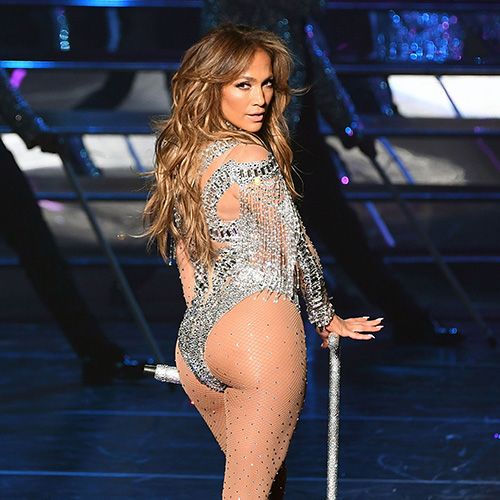In her research on Islamic Law and women’s perspectives, Nabela Ahmed exposes a gap in interpretation: She explains that while Islam affirms certain rights, male scholars often overlook them, particularly those related to protections against domestic abuse.
Written by Nabela K M Ahmad
Edited by Nikita Jain and Juliana da Penha
Two years ago, while attending a conference at Glasgow University, I met Aisha Anwar, now the Sheriff Principal of Glasgow Sheriff Court—a judge in Scotland. We had a round-table discussion about our backgrounds, employment, and education status. When I mentioned that I was an Alymah student, Anwar stated that more women need to know about Islamic Law and their rights.
Alymah is a female Islamic scholar who studies the Quran—the central religious text of Islam—and Hadith—a collection of oral traditions in Islam that are said to record the words, actions, and silent approvals of the Prophet Muhammad—as well as Islamic Law and History.
What Anwar said has proved true as my studies have progressed. I am now in the fourth year of the course, and it has covered many aspects of Islamic Law relating to women’s rights. I also attended a conference on women in Islam at Edinburgh University in 2019, where speakers such as Dr Amina Wadud, an Islamic scholar who wrote books such as “Qur’an and Woman: Rereading the Sacred Text from a Woman’s Perspective”. She is one of the leading scholars on women and Islam. Hence, I have come into contact with Muslim women who echo a view I now understand.
I work as an Advocacy Officer at the International Women’s Group (IWG), an organisation based in Glasgow that welcomes all women. Most members are refugees seeking support, friendships, and community integration. IWG empowers women to build skills, confidence, and active citizenship through education, employment, volunteering, and leadership. It offers free English lessons and weekly drop-in sessions with diverse activities.
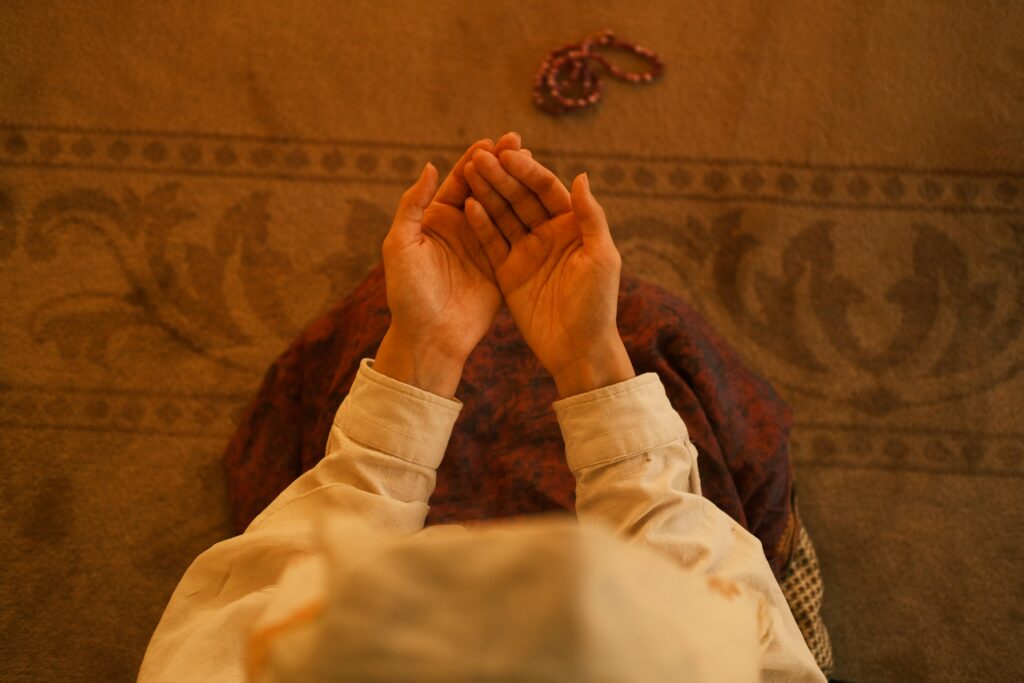
I have a 2.1 degree in Law and a postgraduate diploma in Law from Strathclyde University, where I encountered curricula such as CEDAW—Convention on the Elimination of All Forms of Discrimination against Women and International Law, which extensively discuss different kinds of abuse.
In my work at IWG, I have to deal with numerous domestic abuse cases, and referrals have been made to Women’s Aid. Still, there is a general lack of resources for ethnic minority women’s support services, placing the burden on organisations such as Shakti Women’s Aid and Hemat Gryffe, with no refuge specifically for Muslim women. This gap needs to be addressed in Scotland.
Still, there is a general lack of resources for ethnic minority women’s support services, placing the burden on organisations such as Shakti Women’s Aid and Hemat Gryffe, with no refuge specifically for Muslim women. This gap needs to be addressed in Scotland.
This opinion piece argues that Islam affirms and safeguards women’s rights against domestic abuse. However, these rights are not well known despite the new generation of Alymahs and Alims (male scholars) in the country and the proliferation of courses in the UK. Therefore, it is essential to empower mosques that employ Alymahs to undertake valuable work amongst women. As an example, Glasgow Central mosque employs two female Alymahs. Most mosques in large cities now have Alymahs who can be contacted to clarify issues related to women’s rights, even through telephone helplines.
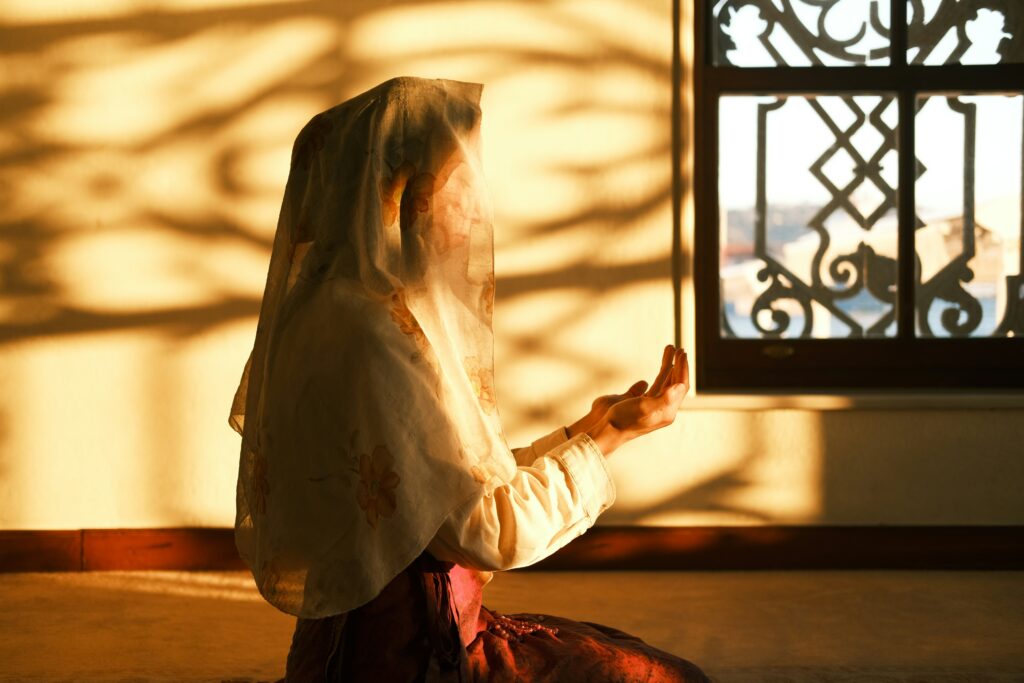
I am aiming for the reader to understand this piece and take away a well-argued viewpoint against domestic abuse in the Muslim community. Some essential pieces have been written by women against abuse in the Muslim community, such as the previously mentioned work of Dr Amina Wadud and many research on Islam and Violence Against Women.
The controversy is based on the interpretation of Ayat 4.34. Ayat is a single verse of the Quran.
Some men have interpreted it as allowing a man to hit or strike his wife and other kinds of domestic abuse. This interpretation does not capture the wheel, and I argue that this is not something the Prophet allowed. In the context of modern society, the practice has been swept away by a new generation of Alims and Alymahs, who are carrying a torch of equality.
Also, we have seen the development of organisations and mosques that act against domestic abuse, forced marriage and female genital mutilation. Legislation condemning violence against women has been enacted in the Scottish Parliament, such as the Domestic Abuse Scotland Act 2018 and the Domestic Abuse (Protection) (Scotland) Act 2021. However, ethnic minority women and Muslim women are still struggling with domestic abuse, especially women with no recourse to public funds.
These are some Ayats of the Quran that collectively result in an interpretation against domestic abuse in Islam: 4.128, 7.33, 16.90, 3.76, 4.1, 55.60, 89.19, 26.126, 30.21, 19.96, 2.229, 65.2.
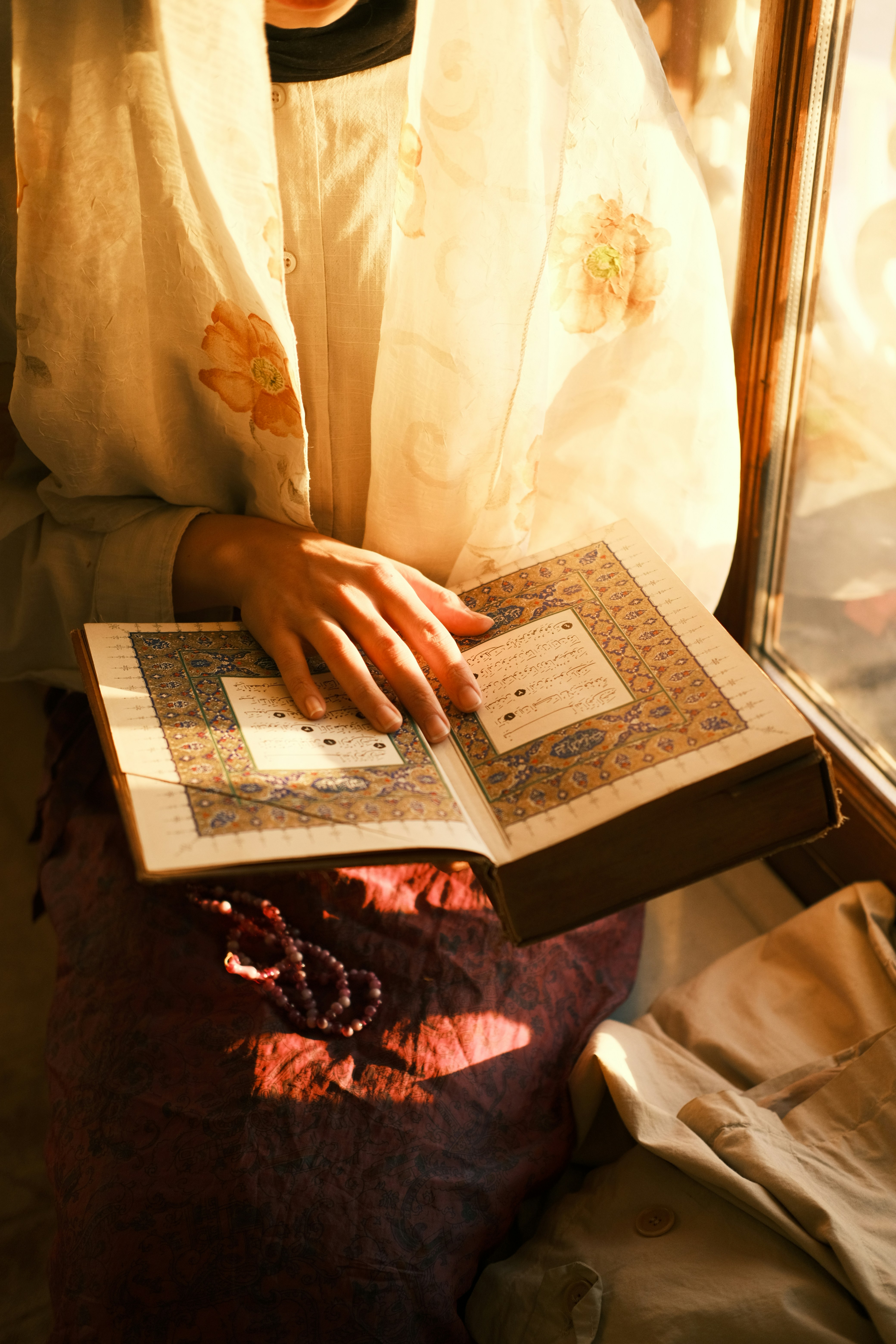
Interpreting Ayat 4.34 in the light of these other Ayats leads to an interpretation that forbids the evil of unlawful justification for domestic abuse.
To summarise, the arguments against domestic violence in Islam are as follows:
- The interpretation of the word strike in Ayat 4.34 is a verbal shout in disagreement only.
- The provision is to make women fear Allah and become more obedient.
- The provision means to leave the wife by moving out of the marital home for a temporary period.
- The entire process of marital relations is embedded with kindness and love against ill-treatment.
- The interpretation of other Ayats is not consistent with beating.
- The Hadith and the example of the Prophet means the sharia is to be interpreted in a kind manner.
- There are other avenues permissible, such as divorce and counselling.
- More education is needed for women to know their rights, and men need to know the limits of their behaviour.
- Mutual rights and obligations need to be protected.
- There has been a change in society towards domestic abuse such that it is not allowed, even as a minimal gesture.
- There are more women interpreting the Quran, and they are doing so in a protective manner.
I hope more Imams deliver khutbahs (sermons) in mosques during jummah (Friday) prayers against domestic abuse and that more women become aware of their rights, something I found true in my subsequent research during my Alymah course.
Hence, more needs to be done to raise this issue as a concern for individuals and organisations in positions of power, such as elected representatives, including those in positions of power in Islamic society worldwide.
And Allah Knows best.
Feature Image by Nina Zeynep Guler at @Unsplash
If you are a Muslim woman experiencing domestic abuse, the Muslim Women Network UK offers a national helpline providing faith and culturally sensitive support. Find help here.
If you or someone you know is in immediate danger or in need of urgent protection, call the police on 999.
For more info on where to find help, click here.
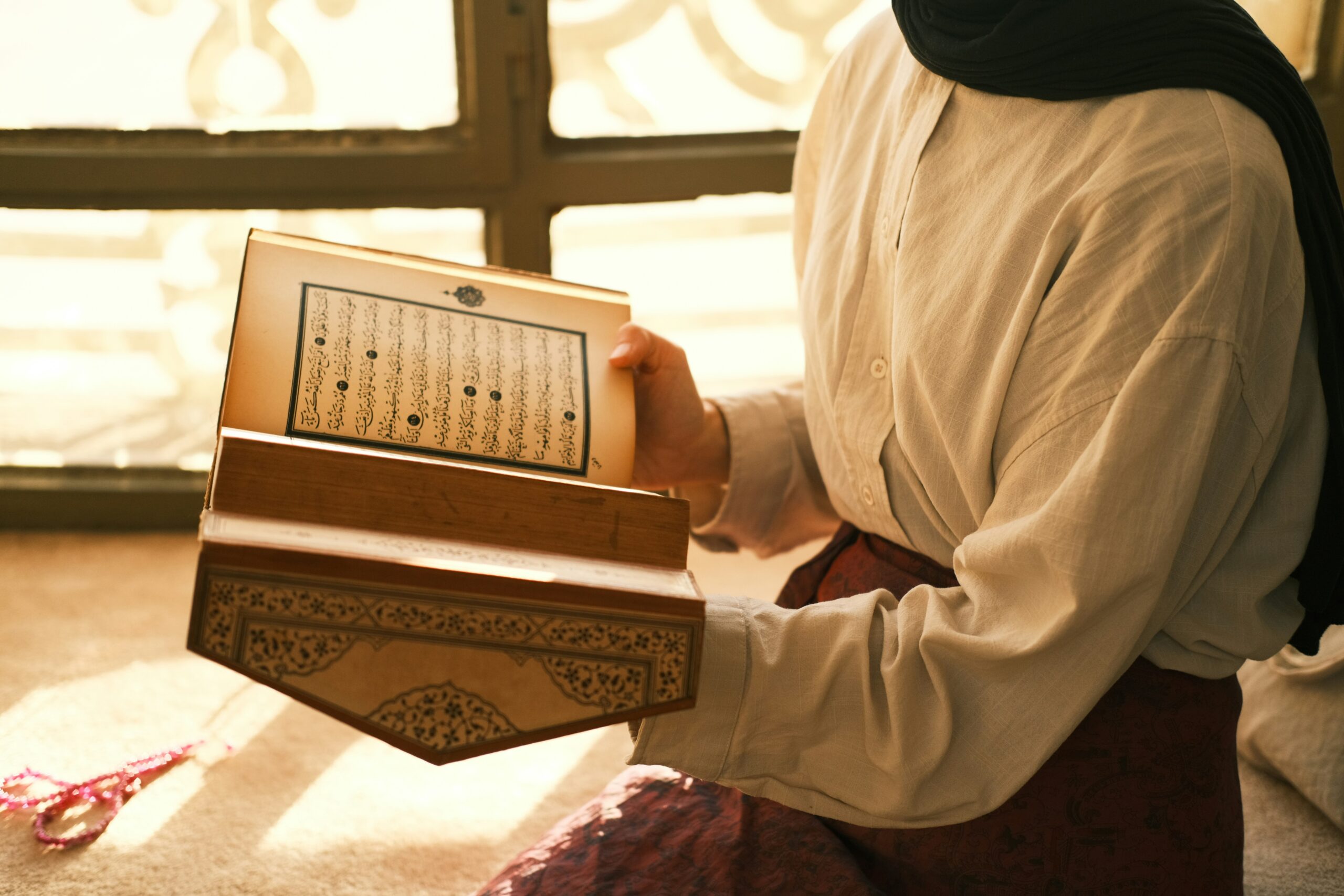
Nabela K M Ahmad is an Alymah student, a lawyer, and an Advocacy Officer at the International Women’s Group (IWG) in Glasgow, Scotland.

